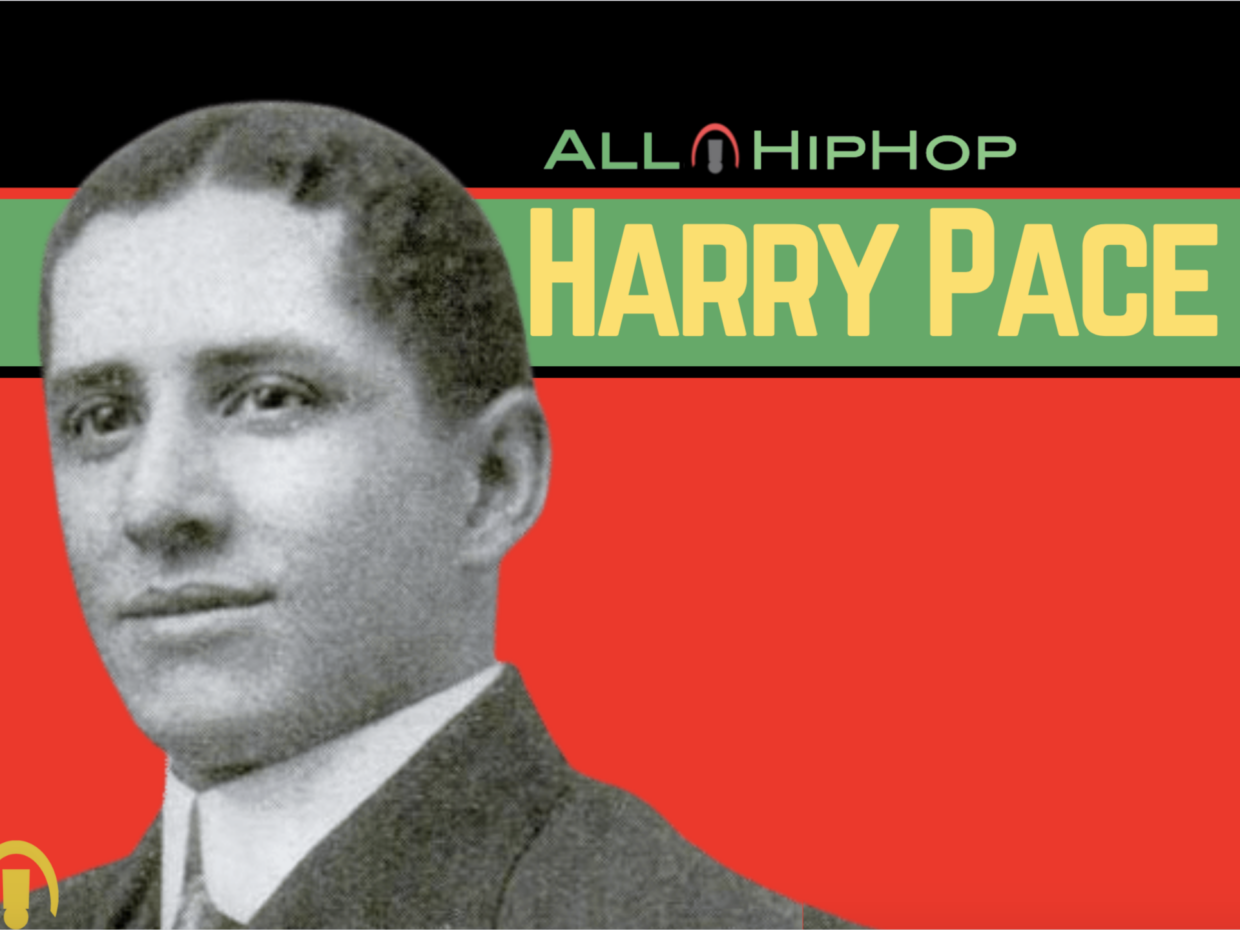Harry Pace and his record label, Black Swan
When talking about the most significant black music producers, songwriters, and record companies in history, we often think about modern names and labels. Berry Gord with Motown. Shawn “Jay-Z” Carter and Roc-A-Fella. Sean “Diddy” Combs’ with his Bad Boy imprint and Quincy Jones are a few names that spring to mind.
However, few people remember or even know about the first Black record mogul, Harry Pace, and his record label, Black Swan.
Not many have explored this far back in Black music culture. Black Swan was essentially Motown before Motown existed. It was a huge American jazz and blues record label founded in 1921 in Harlem, New York. Black Swan was the first black record label owned, operated, and marketed to African-Americans. But little is known about the label or its founder.
The early life of Harry Pace
Harry Pace (full name Harry Herbert Pace) was born on January 6, 1884, in Covington, Georgia. He was the son of Charles Pace and Nancy Ferris Pace. Pace’s father was a blacksmith by trade that passed away while he was still an infant, leaving his mother to be the only one to raise him.
Harry Pace graduated from elementary school at twelve and finished his studies at Atlanta university seven years later as a valedictorian. W.E.B. Du Bois, an American sociologist and historian, was one of Pace’s instructors throughout his academic life.
Once he graduated, Pace worked at a printing company, in banking, and also for insurance companies across Atlanta and later Memphis.
Humble beginnings in the music world
In 1912, Pace met W.C. Handy. The two had become great friends since Pace moved to Memphis, and they both expressed a passion for music. They would write songs together and later founded the Pace and Handy Music Company. Pace would also meet his future wife, Ethlynde Bibb, during this period.
Together with Handy, the two worked with composers like Fletcher Henderson and William Grant Sill. Pace later moved to New York to manage a sheet music business but decided that he would instead form his own record company.
Thus, he founded Pace Phonograph Corporations Inc. in March 1921. With $30,000 in borrowed capital, he quickly grew the company and also founded the label Black Swan Records. The name was a tribute to Elizabeth Taylor Greenfield, a well-known entertainer in the 19th century that was known to fans as the “Black Swan.”
Harry Pace would later sign Ethel Waters as the first major black artist on the Black Swan label. She signed a deal in the same year the company was founded, and her subsequent touring helped the Black Swan label grow immensely in popularity. She participated in shows with big names such as Louis Armstrong and Joe Smith, which helped grow her own popularity alongside the Black Swan label.
Black Swan would continue the trend of signing young singers that specialized in Blues music. This included Trixie Smith and Alberta Hunter. It wasn’t long before Black Swan was shipping thousands of records each day from their processing plant, making Pace the very first Black record mogul in a little under a year.
The growth of Black Swan
In just one year, Black Swan had grown out of Pace’s basement to a staggering 30 employees, seven district managers in multiple cities, over 1,000 dealers and agents, and even its own 8-man orchestra. The initial $30,000 investment grew to an income of over $100,000, and Pace even renamed the company from the Pace Phonograph Company to the Black Swan Phonograph Company in 1923.
But despite the growing popularity of Black Swan, the company had yet to participate in radio shows. It was quickly becoming a growing medium for listening to music, but Pace didn’t have the required connections with radio stations to spread his label’s music. As technology improved and times changed, records were slowly phased out, and radio became the standard for casual music consumption.
But in addition to this, Pace had invested his resources into diversifying the output of records. However, Black Swan’s major sellers were mostly Blues records. This eventually led to bankruptcy for Black Swan in 1923 and the catalog was sold the following year.
The impact of Black Swan
But despite Black Swan filing for bankruptcy, its impact was so significant that black musicians across the country were continuing to grow in popularity. Black Swan had single-handedly helped show the Black community that they could get recording contracts and shows and generate enormous profits. Many of Black Swan’s signed artists would go on to grow successful careers with record labels and companies that would’ve never paid attention to them in the past.
Pace ultimately did not return to the music business. Instead, he returned to his past expertise and became the founder of the Northeastern Life Insurance Company. This eventually became one of the largest Black-owned businesses in the north. He continued to invest his wealth to open law firms and even finished his law degree. Pace would eventually pass away in Chicago on July 19, 1943, at 59.
Celebrating Harry Pace today
Harry Pace may not be a well-known name in the music industry today, and he might be a relatively obscure name when it comes to Black history as a whole. However, there’s no denying Pace’s impact on the Black music scene and the community overall. His success helped thousands of Black musicians and artists rise to the top and created an untold number of opportunities.
Even after Black Swan filed for bankruptcy, Pace was unphased and continued to support the Black community in the United States with his numerous businesses.
Interestingly, Black Swan Records was the first to record the “Black National Anthem,” “Lift Every Voice and Sing,” which was played before all games during the 2021 season.
